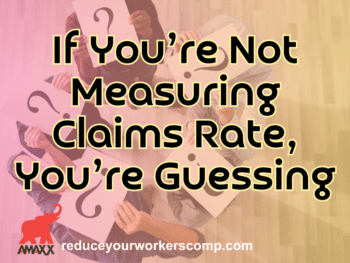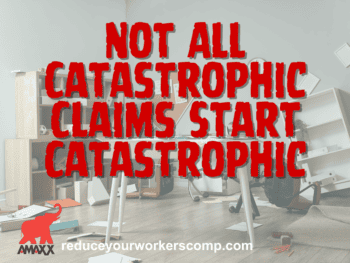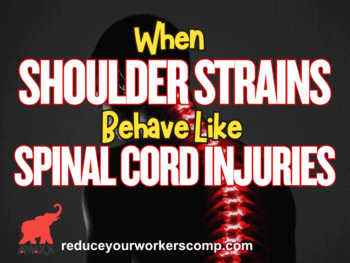
When claim handlers engage in mediation, it is important for them to prepare in advance. This includes several steps that allow them to represent the defense interested in an effective manner.
Advance Preparation is Key
Settling a workers’ compensation dispute via mediation requires preparation. If certain steps are not taken, one can overpay on a claim, or waste valuable time. Important steps a claim handler must take include:
- Preparing a mediation statement. This should be a brief cover letter that outlines the claim, defenses, and important events in the claim. It is also a good tool to reflect on the claim’s true value and what a likely settlement will be;
Click Link to Access Free PDF Download
“How Do I Get My Adjusters To Follow My Account Handling Instructions?”
- Determine if the case is “right” for There may be many unknowns that can hinder a settlement. Factors can include the need for surgery and additional time off work;
- Request a demand from the employee or their attorney, if represented. Do not be offended by a demand, even if it is outrageous. Mediation is a “process” that often take time; and
- Ensure you have adequate reserves set to resolve the case.
Is My Claim Ripe for Mediation?
Preparation is key when it comes to a successful mediation. This starts with making sure your claim is prime for settlement. Important questions to ask include:
- Is discovery complete?
- Is the employee still receiving medical care and treatment?
- What is the employee’s return-to-work status?
- Is the employee in a position to settle?
If the employee is not ready to settle, mediation might not be worth the time. Be sure to set the expectation the employee’s attorney will provide a settlement demand before you proceed. If the employee is unrepresented by an attorney, you might have to initiate settlement discussions.
It is also important to ensure other intangibles are set in place:
- Is the employer/insured going to require the employee to resign their employment as part of any settlement?
- Have all the potential intervenors been placed on notice of their rights?
- Will a Medicare Set-aside be a part of the overall settlement agreement?
Once these questions are answered, you should consider reaching out to the employee, or their attorney to schedule a mediation. If you are ready, go ahead and place that call.
What to Expect at the Mediation
No two mediations are alike. There are some commonalities that one can expect. This includes the format of the mediation where the parties are in separate “caucus” rooms, and the mediator plays the part of shuttle diplomacy to reach an agreement. There are also other things to keep in mind:
- Be patient. Mediation is a process that requires hard work by all parties. While you are free to walk away at any time, success is often found when parties try and push past barriers.
- Make sure you have enough time for the mediation session. A typical mediation may take up to four hours, or an entire day. Do not double-book yourself, or have important appointments immediately before or after a mediation session. This will ensure you have enough time to have thoughtful discussions.
- Be ready to compromise. The art of “compromise” requires give and take. It is not a “zero-sum game.” Everyone can “win.” Sometimes a settlement cannot be reached. If this is the case, feel comfortable in giving the mediator your bottom line.
- Have all decision makers present. Sometimes an employer representative may need to be at the mediation or available via telephone. Not having all decision-makers present will only cause delays and frustration.
Conclusions
Mediation is a useful tool when trying to settle workers’ compensation claims. This can also be accomplished by members of the claim management team. It can save time and money, and allow the claim handler better control of their cases as they seek to close files and resolve problems. Preparation is essential when seeking to successfully resolve cases.

Contact: mstack@reduceyourworkerscomp.com.
Workers’ Comp Roundup Blog: https://blog.reduceyourworkerscomp.com/
©2020 Amaxx LLC. All rights reserved under International Copyright Law.
Do not use this information without independent verification. All state laws vary. You should consult with your insurance broker, attorney, or qualified professional.





























